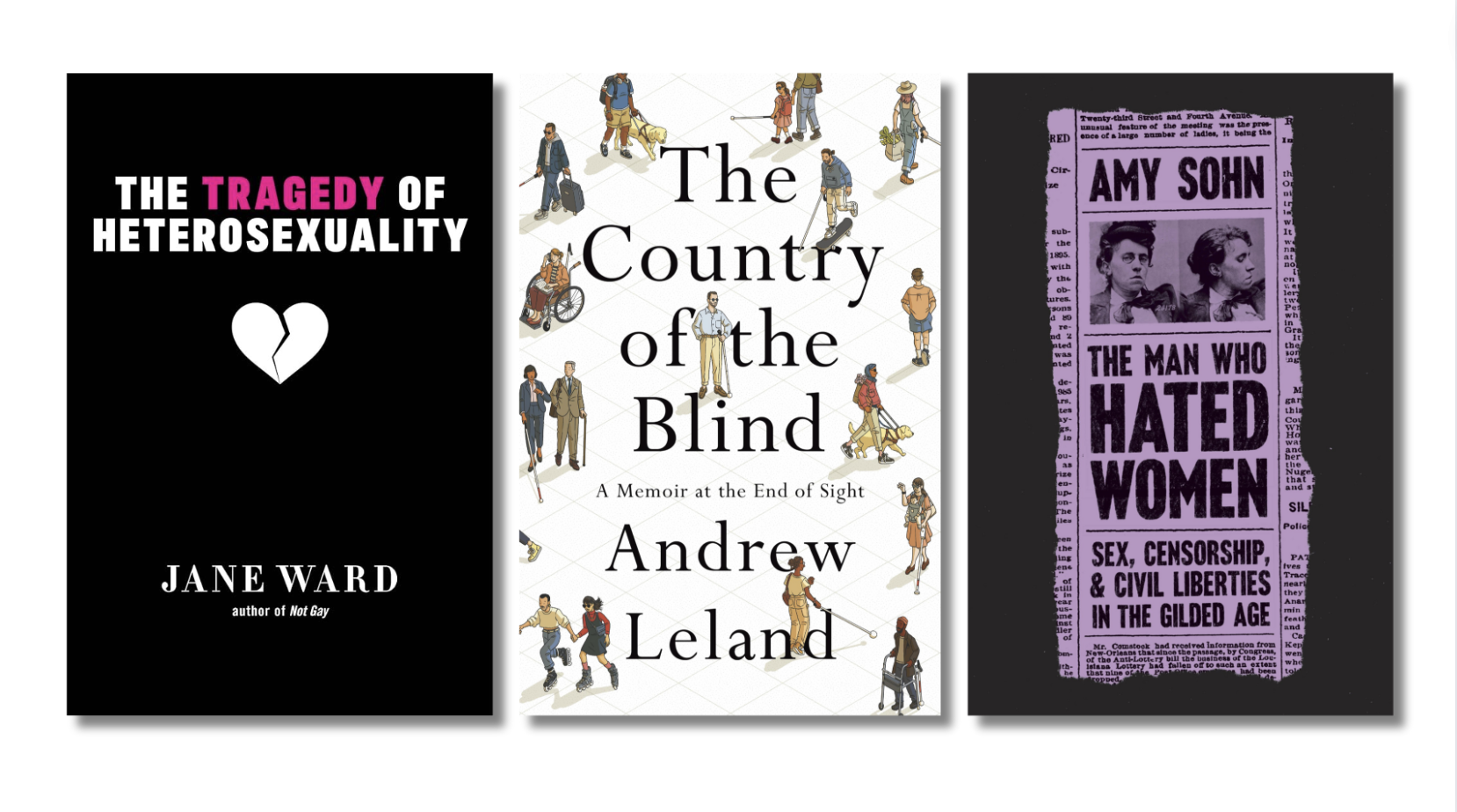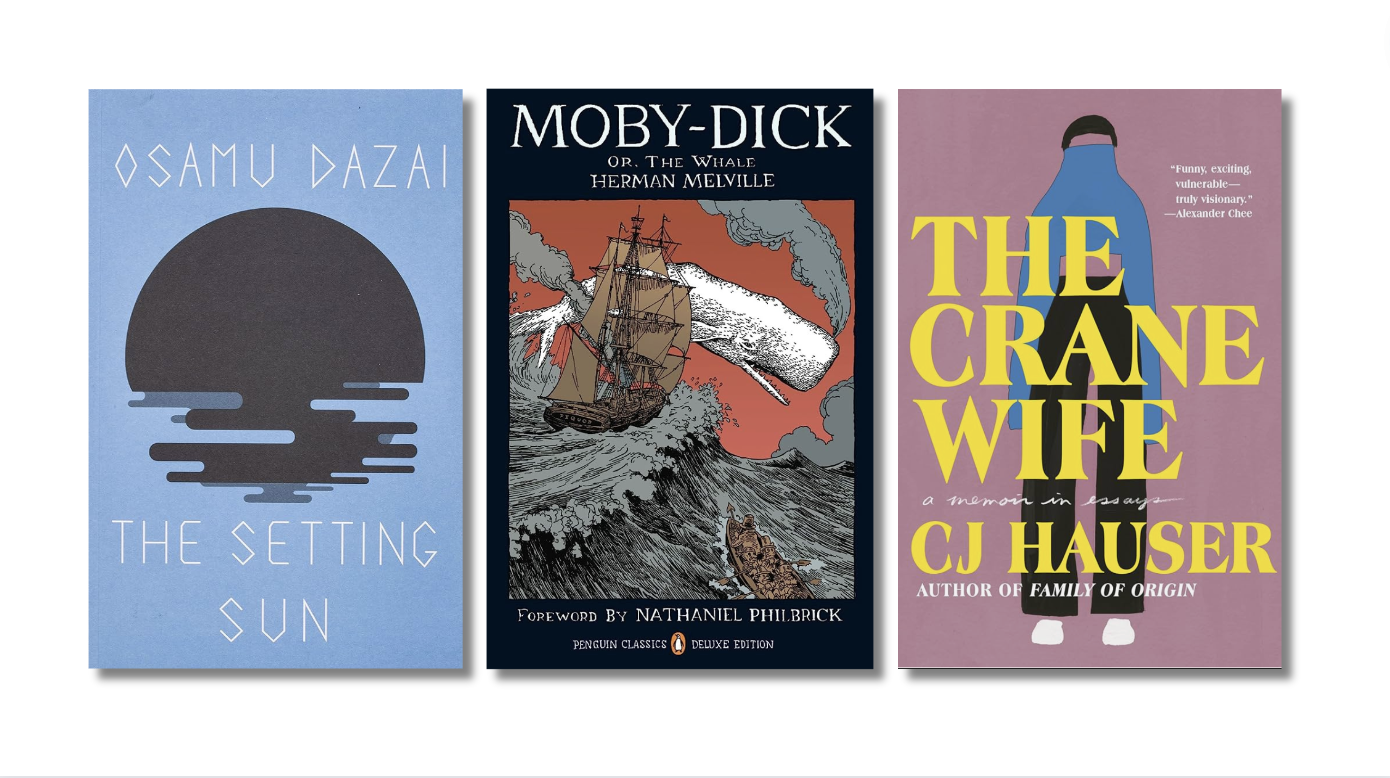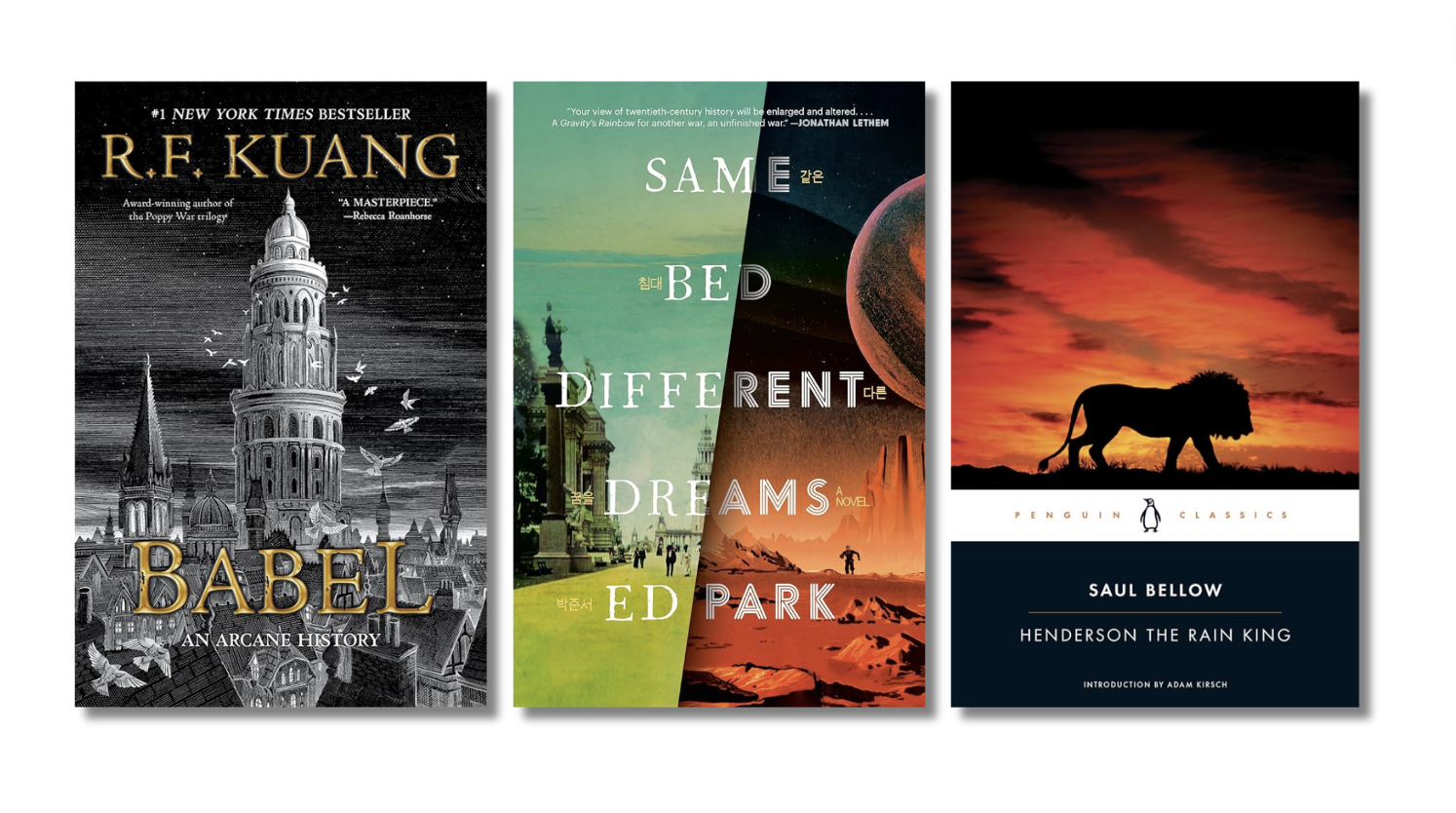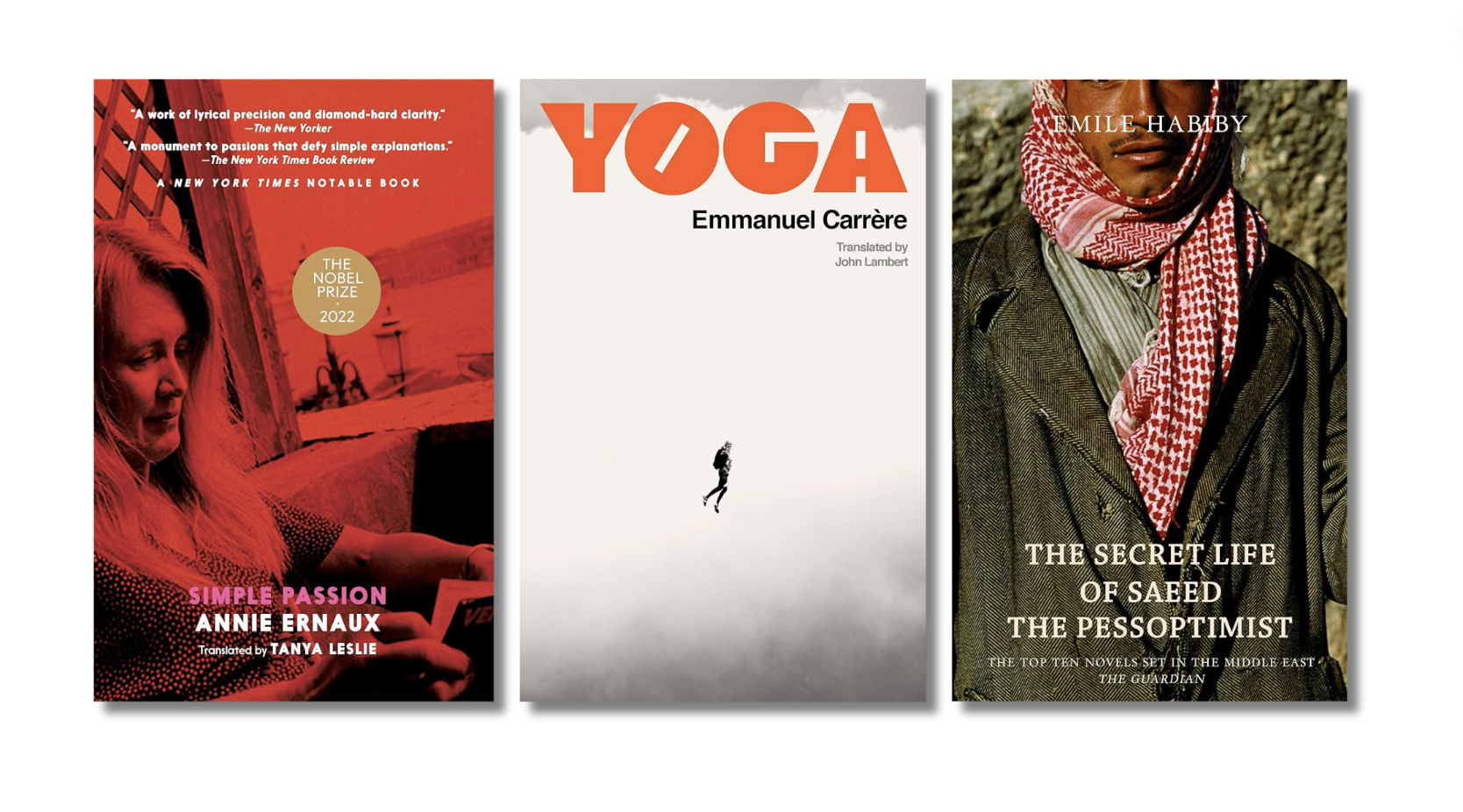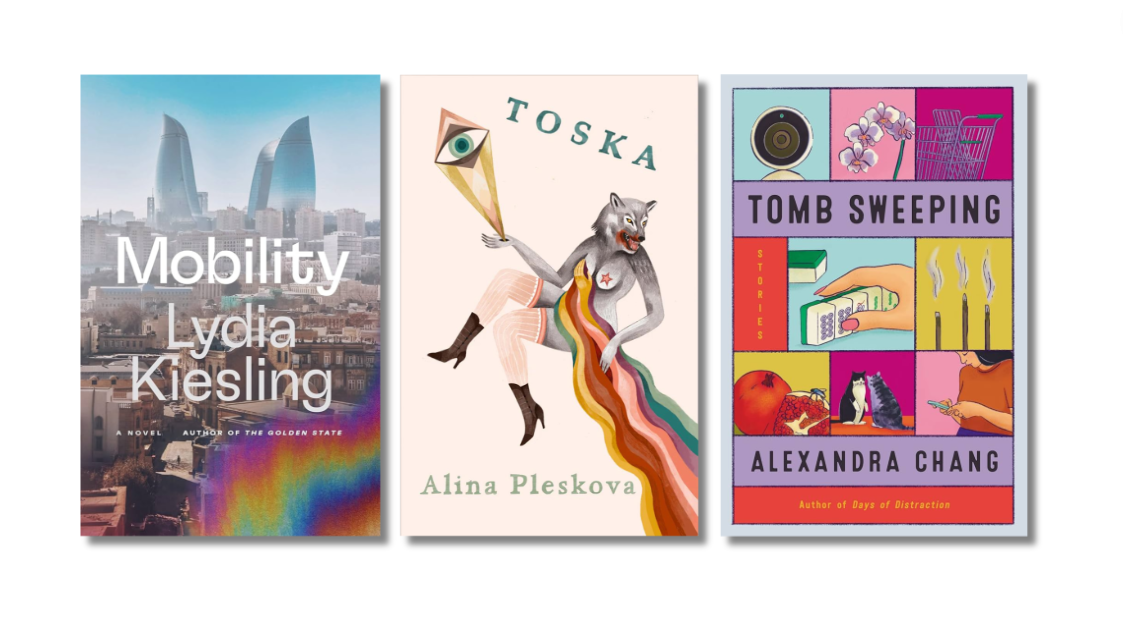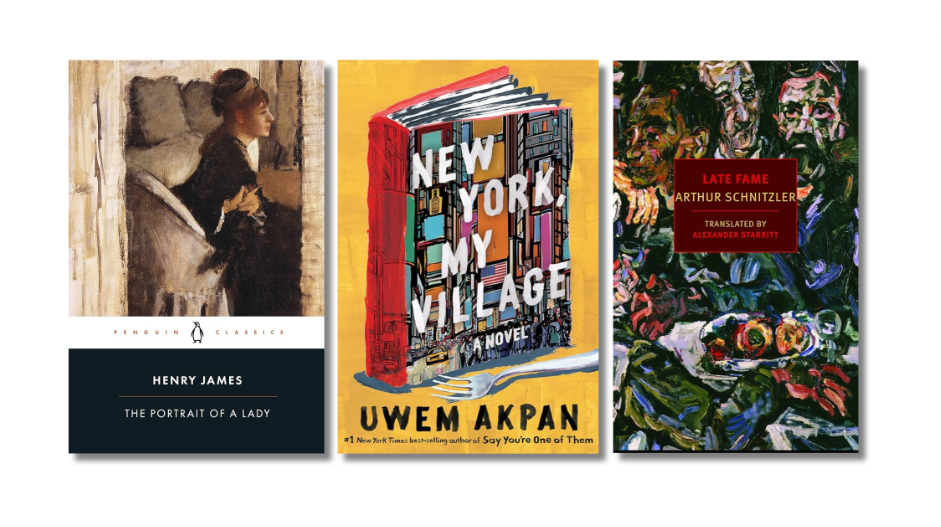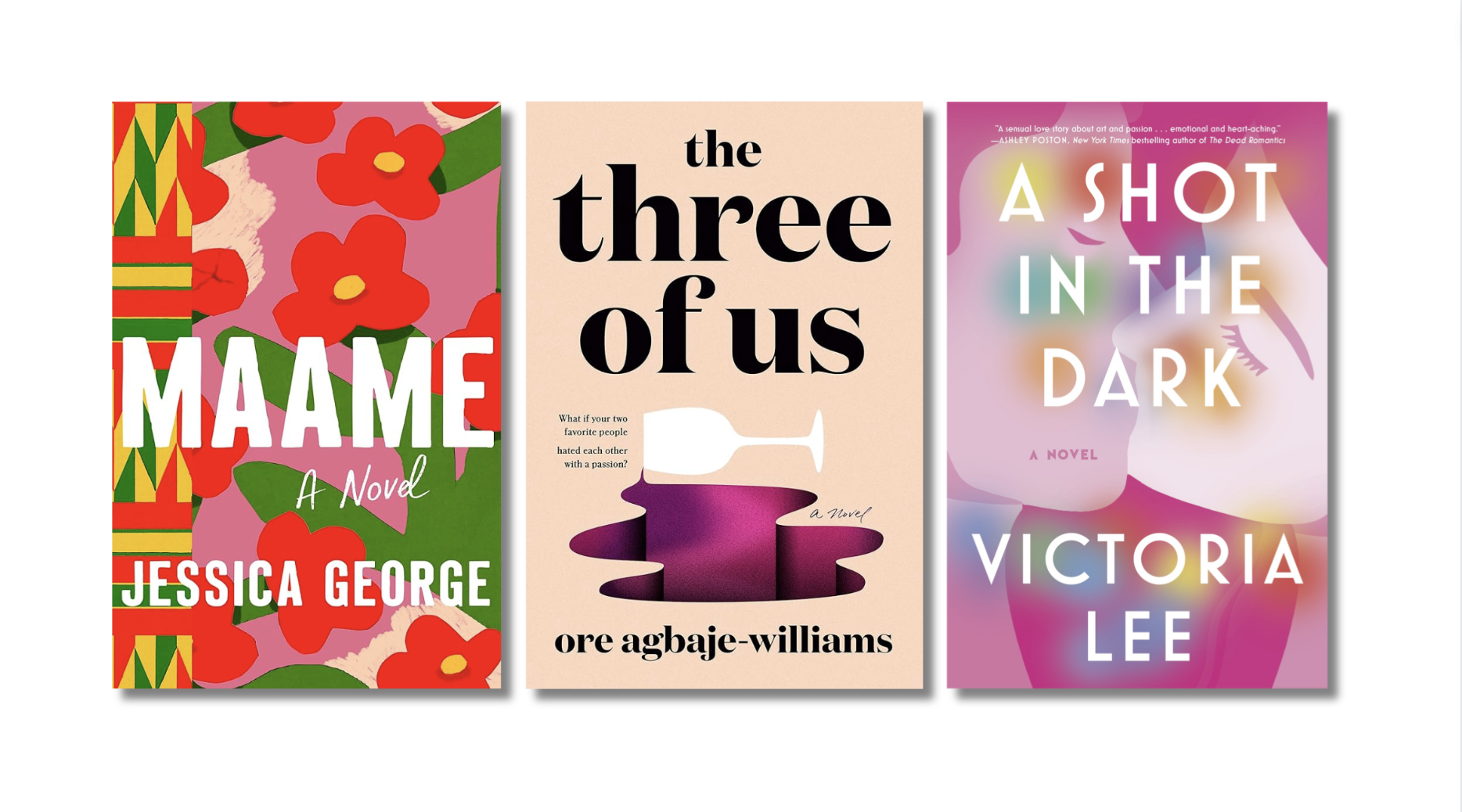Inevitably this year, as every year, when the darkness creeps in on both sides of the day and the snow begins to fall and remain, I become newly aware of the weight of unread books in my vicinity: the pile on my desk growing, having spread to the table beside my desk, multiplied into stacks on the window ledge and the chest of drawers, and eventually creeping out into the hallway. They’re in a holding pattern, beckoning to be read before being returned to the shelves.
Collecting and its relationship to hoarding and of both to loss, is the subject of a wonderful, rambling essay by Douglas Coupland in e-flux, which touches on collecting across varied art forms. He writes about how the acquisition of objects fills an emptiness, a longing. This is true for my desire for books, as I imagine it is for many of you. And it’s many other wondrous things too, but come December the growing stacks become a commentary on the passage of time; the awareness of another cycle passing and outpacing me. Soon with the new year, these shortcomings will be transformed into new resolve and focus, the possibility of remaining abreast. But for now I hunger for these books to devour me too.
Which isn’t to say I haven’t read and adored a number of books, this year. I have. The books that stayed with me seem so intrinsically entangled with these ideas of time’s passage, of regret, of collecting and fracturing narratives, of the need to live through art and the desire be devoured by it.
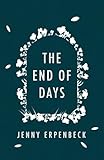 A heightened awareness of the passage of time and to the arc of a life carries Jenny Erpenbeck’s elegant and gorgeously observed The End of Days. The protagonist dies within the first pages as a baby, her parents filled with regrets, with could’ves and should’ves. The narrator is resurrected again and again, and so she dies again and again, too, the cycle of loss never-ending, and the characters always prisoners to time. It’s a novel too of marveling at life’s ephemerality and the objects (the books!) that outlast; it’s filled with the wish to defy time, to reverse it, to manipulate the ways the unseen future slips into a past riddled with loss and regret.
A heightened awareness of the passage of time and to the arc of a life carries Jenny Erpenbeck’s elegant and gorgeously observed The End of Days. The protagonist dies within the first pages as a baby, her parents filled with regrets, with could’ves and should’ves. The narrator is resurrected again and again, and so she dies again and again, too, the cycle of loss never-ending, and the characters always prisoners to time. It’s a novel too of marveling at life’s ephemerality and the objects (the books!) that outlast; it’s filled with the wish to defy time, to reverse it, to manipulate the ways the unseen future slips into a past riddled with loss and regret.
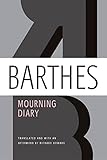
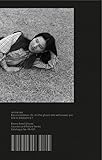 Janice Lee’s Reconsolidation is an elegy for her mother, a laconic meditation in line with Roland Barthes’s Mourning Diary. Writing the book was a way of engaging with the obscene presence of her mother’s absence. And yet, as the book’s title suggests, there is a looming awareness and sadness that this act of conjuring only further distances and distorts her memories.
Janice Lee’s Reconsolidation is an elegy for her mother, a laconic meditation in line with Roland Barthes’s Mourning Diary. Writing the book was a way of engaging with the obscene presence of her mother’s absence. And yet, as the book’s title suggests, there is a looming awareness and sadness that this act of conjuring only further distances and distorts her memories.
Included too is the soon-to-be published translation of Argentenian poet Alejandra Pizarnik’s Extracting the Stone of Madness, a bilingual collection of the poet’s middle to late work. Pizarinik died of a deliberate drug overdose at the age of 36. Her poems portend this with their gnawing desire for solitude and death and birthing poetic bodies. Her words and imagery conjure a terrifying beauty best described by Rainer Maria Rilke: “For beauty is nothing but the beginning of terror which we are barely able to endure.”
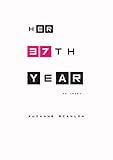 Suzanne Scanlon’s Her 37th Year: An Index is an emphatic, fiery examination of female aging, art, longing, and desire. As she writes under the entry DISCOURSE: “I don’t want to write a mommy narrative or a menopause narrative. As Eileen Myles said, I want to…[be] punk about aging. I won’t fit into what is allowed.” And she doesn’t. The book confronts loneliness, infidelity, and boredom that intermingles with restlessness, depression, inquiry: “Does it mean that, like Fanny Howe, I believe that art must show that life is worth living by showing that it isn’t?” Scanlon retools the female narrative with language and observations that are at times piercing, and yet at others so tender. Consider JOY: “Four-year old musing & inquiry; for a moment I wish that Magoo would be four years old forever, that I might spend a life in this room…There are times it feels like Heaven, to have this life.”
Suzanne Scanlon’s Her 37th Year: An Index is an emphatic, fiery examination of female aging, art, longing, and desire. As she writes under the entry DISCOURSE: “I don’t want to write a mommy narrative or a menopause narrative. As Eileen Myles said, I want to…[be] punk about aging. I won’t fit into what is allowed.” And she doesn’t. The book confronts loneliness, infidelity, and boredom that intermingles with restlessness, depression, inquiry: “Does it mean that, like Fanny Howe, I believe that art must show that life is worth living by showing that it isn’t?” Scanlon retools the female narrative with language and observations that are at times piercing, and yet at others so tender. Consider JOY: “Four-year old musing & inquiry; for a moment I wish that Magoo would be four years old forever, that I might spend a life in this room…There are times it feels like Heaven, to have this life.”
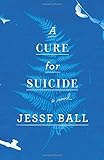 On its surface Jesse Ball’s A Cure for Suicide is a tale about the relationship between two people, a claimant, who awakes with no memory, though is told he was sick and almost died, and an examiner, who teaches the claimant how to live in the world again. Their dialogue waxes philosophical, almost Socratic as they discuss the nature of being and interaction: what is an organism? what is a city? are twins different people? how to interact? Later we learn of a tender love story that ends with overwhelming loss and a potential cure, and asks the question, is it possible to start over?
On its surface Jesse Ball’s A Cure for Suicide is a tale about the relationship between two people, a claimant, who awakes with no memory, though is told he was sick and almost died, and an examiner, who teaches the claimant how to live in the world again. Their dialogue waxes philosophical, almost Socratic as they discuss the nature of being and interaction: what is an organism? what is a city? are twins different people? how to interact? Later we learn of a tender love story that ends with overwhelming loss and a potential cure, and asks the question, is it possible to start over?
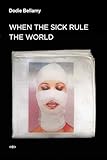 Dodie Bellamy’s never-complacent essay collection, When the Sick Rule the World, contains her iconic essays “Barf Mainfesto” and “Phone Home,” which is where I first recall encountering her writing: a tender essay about dealing with the loss of her mother, the way they overcame differences and distances and how the movie E.T. became mythic within this context. Bellamy writes of her conflicted admiration for icon Kathy Acker, even after her death — “I didn’t touch the ashes. I didn’t want to and she wouldn’t have wanted me to” — and laments witnessing her San Francisco neighborhood’s gentrification. Also and significantly, too, she writes of her Midwestern roots and the burning desire for art that’s shaped her life: With her mother in the kitchen her father cussing and smoking, she with her notebooks and writing dreamed of escape: “hover[ing] above the world craneless, educated and beautiful, with a mind lofty and brilliant enough to defy.”
Dodie Bellamy’s never-complacent essay collection, When the Sick Rule the World, contains her iconic essays “Barf Mainfesto” and “Phone Home,” which is where I first recall encountering her writing: a tender essay about dealing with the loss of her mother, the way they overcame differences and distances and how the movie E.T. became mythic within this context. Bellamy writes of her conflicted admiration for icon Kathy Acker, even after her death — “I didn’t touch the ashes. I didn’t want to and she wouldn’t have wanted me to” — and laments witnessing her San Francisco neighborhood’s gentrification. Also and significantly, too, she writes of her Midwestern roots and the burning desire for art that’s shaped her life: With her mother in the kitchen her father cussing and smoking, she with her notebooks and writing dreamed of escape: “hover[ing] above the world craneless, educated and beautiful, with a mind lofty and brilliant enough to defy.”
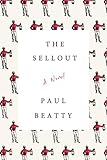 Paul Beatty’s The Sellout breaks the mold. It’s the most roiling, irreverent, and raucous ride of a novel, with blunt-toking Bonbon Me at the helm, child subject of his social scientist father’s racial experiments, and with his father’s death he takes over the family farm in the L.A. outpost of Dickens, Calif., (with hopes of catering to the new fad for ostrich meat). The book opens with Bonbon’s case being heard by the Supreme Court: he’s violated the 13th and 14th Amendments by reinstating segregation and by owning a slave, and why? Because he’s lost faith in the system and so he “did what worked.” The book blows up every black stereotype, leaving the detritus in his wake: Bonbon’s just trying to figure out who he is and how to be himself in a world that’s always trying to label him.
Paul Beatty’s The Sellout breaks the mold. It’s the most roiling, irreverent, and raucous ride of a novel, with blunt-toking Bonbon Me at the helm, child subject of his social scientist father’s racial experiments, and with his father’s death he takes over the family farm in the L.A. outpost of Dickens, Calif., (with hopes of catering to the new fad for ostrich meat). The book opens with Bonbon’s case being heard by the Supreme Court: he’s violated the 13th and 14th Amendments by reinstating segregation and by owning a slave, and why? Because he’s lost faith in the system and so he “did what worked.” The book blows up every black stereotype, leaving the detritus in his wake: Bonbon’s just trying to figure out who he is and how to be himself in a world that’s always trying to label him.
More from A Year in Reading 2015
Don’t miss: A Year in Reading 2014, 2013, 2012, 2011, 2010, 2009, 2008, 2007, 2006, 2005
The good stuff: The Millions’ Notable articles
The motherlode: The Millions’ Books and Reviews
Like what you see? Learn about 5 insanely easy ways to Support The Millions, and follow The Millions on Twitter, Facebook, Tumblr.









